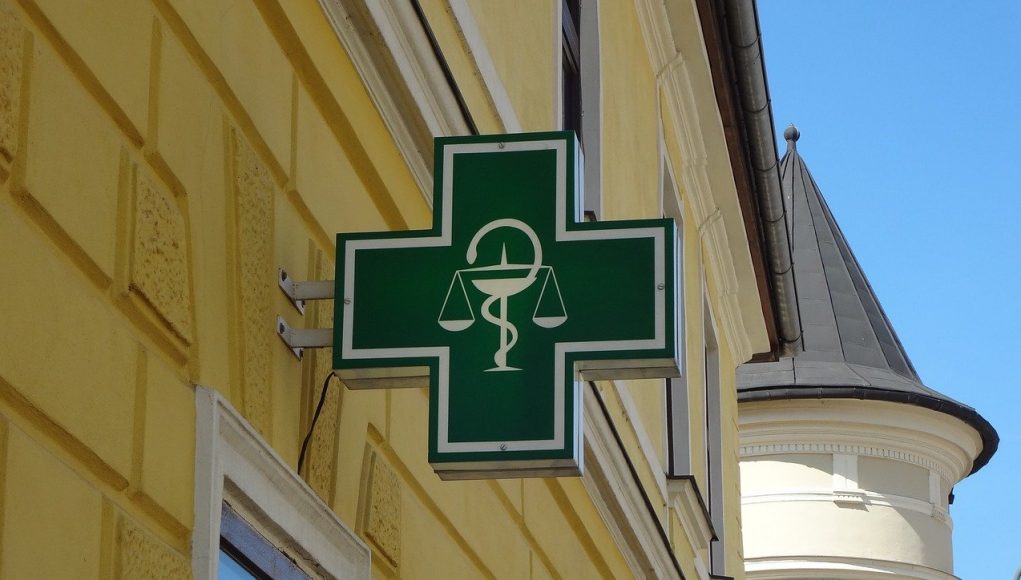Australia has implemented new regulations as part of the Vaping Reforms Act, aiming to curb youth vaping by restricting e-cigarette sales to pharmacies. Initially, the ruling Labour party aimed to limit sales strictly to those with a medical prescription, but this plan was opposed by Greens senators, who argued it would hinder those trying to quit smoking and burden the healthcare system.
As a compromise, the prescription requirement will remain in place until October, after which it will be lifted for customers over 18. This temporary measure has been met with criticism, as some believe it will drive people to seek vapes through the black market or alternative methods.
The primary goal of these regulations, which took effect on July 1st, 2024, is to address the alleged increase in youth vaping in Australia. Data from the previous year showed that approximately 22% of individuals aged 18-24 had used e-cigarettes or vaping devices at least once. The new laws not only restrict sales to pharmacies but also impose limits on nicotine concentration in vapes and restrict flavours to mint, menthol, or tobacco.
Known for its stringent anti-smoking policies and high tobacco taxes, Australia had already banned most vape imports earlier in the year. Importers are now required to obtain licenses from the government drug control body to bring vapes into the country. Australian award winning smoking cessation expert Dr. Colin Mendelsohn detailed the new regulations as follows:
Key Changes Effective July 1, 2024
- Sales Restrictions:
- Vapes can only be sold in pharmacies and require a doctor’s prescription.
- Recreational vaping is banned, and vapes are only allowed for smoking cessation or managing nicotine dependence.
- All vape shops are mandated to close.
- Purchase and Use:
- Customers need a prescription from a medical or nurse practitioner to buy e-liquid (with or without nicotine) and vape devices.
- Flavours are limited to mint, menthol, and tobacco.
- Only one month’s supply of vape products can be purchased per visit.
- The maximum nicotine concentration allowed is 100mg/mL.
- Single-use vapes are banned.
- Advertising and promotion, including on social media, are banned.
- DIY home mixing of vape substances is prohibited.
- Legal Compliance:
- Only products that comply with TGA regulations (labels, packaging, ingredients, etc.) can be sold.
- Importing vape products for personal use is banned.
Changes Effective October 1, 2024
- Nicotine Liquid Reclassification:
- Nicotine liquid will be reclassified from Schedule 4 (prescription-only) to Schedule 3 (pharmacist-only).
- Adults can purchase nicotine liquid with concentrations below 20mg/mL without a prescription but need to discuss with a pharmacist to ensure it’s for therapeutic purposes.
- Nicotine concentrations above 20mg/mL will still require a prescription.
- Anyone below 18 would require a prescription to purchase vapes in territories where its allowed.
- Pharmacist Role:
- Pharmacists must verify the age and purpose of the nicotine purchase, provide information on alternative quitting aids, and report any adverse effects to the TGA.
Additional Regulatory Measures
- Packaging: Vape products will be sold in plain pharmaceutical packaging.
- Nicotine Concentrations: Further reductions in permissible nicotine concentrations are expected.
- Compliance Standards: The TGO 110 standards will be strengthened to ensure safety and quality.
Penalties
- Personal possession of vapes without a prescription is not an offense under federal law but can lead to state-level penalties, including fines and jail time.
- Commercial offenses can result in significant fines and imprisonment.
Traveller’s Exemption
- Travelers can bring a limited quantity of vapes into Australia for personal therapeutic use:
- 2 vapes,
- 20 vape accessories,
- 200 mL of vape liquid
Naturally, these regulations aim to restrict access to vaping products for recreational use, particularly among youth, while still providing a pathway for smoking cessation under medical supervision. The transitional period and upcoming changes in October 2024 reflect an effort to balance public health concerns with practical implementation challenges.
A regulatory framework pushing consumers to the black market
“The whole legal retail vape industry has been forced to close, with bankruptcies, unemployment, loss of stock etc. While the black market (criminal networks and outlaw biker gangs) will thrive with further firebombing of vape and tobacco shops, contract killings and extortion. There are huge enforcement costs,” Dr. Mendelsohn told Vaping Post.
Secondly and even worse, is the high likelihood of vapers giving up, and reverting back to smoking. But why? Some would ask. If these former smokers are able to obtain vapes via prescription would they resort back to smoking? The answer is multifaceted but simple. Given that some types of vaping products have been banned, many seasoned vapers, will not be able to obtain their preferred products anymore, and those who do not mind using the available products may not find a doctor willing to prescribe them, or a pharmacy which sells them.
A statement by Australia’s Pharmacy Guild: A cringeworthy reflection of the misinformation within the medical community
Given the rife misinformation circulating about vaping products in Australia, a large number of doctors are openly unwilling to prescribe them. And to add insult to injury many large pharmacy chains, such as TerryWhite Chemmart and Priceline, have announced they will not stock vapes. Some online pharmacies may offer products, but identifying them is restricted. In fact, a media release the Pharmacy Guild of Australia has stated that it is insulted that vapes will now be sold in pharmacies alongside medication.
“Pharmacists are healthcare professionals who dispense medication that provides a proven therapeutic benefit. No vaping product has been approved by the Therapeutic Goods Administration based on its safety, efficacy or performance. No vaping product is listed on the Australian Register of Therapeutic Goods.
Vaping has long-term patient harms, including cancer, lung-scarring and nicotine addiction. There is limited evidence to support the use of vaping products for smoking cessation and nicotine dependence.
The Senate’s expectation that community pharmacies become vape retailers, and vape garbage collectors, is insulting,” said the release, which is nothing short of shocking given all the scientific evidence indicating the exact contrary of everything mentioned in this statement.
Dr. Mendelsohn told Vaping Post that ultimately no one supports this new regulation. “Pharmacists don’t support it and it seems most won’t stock vapes. Vapers don’t support it. The ‘notified’ vapes are unappealing (tobacco, mint, menthol), limited range, limited nicotine concentration. Some are already reporting going back to smoking. It is causing great stress and anxiety for many.”








